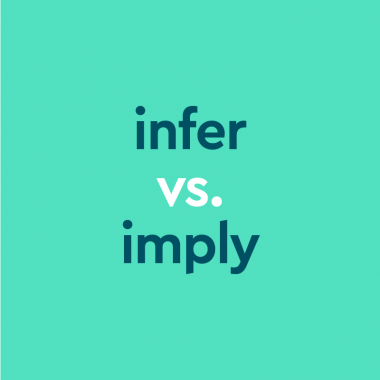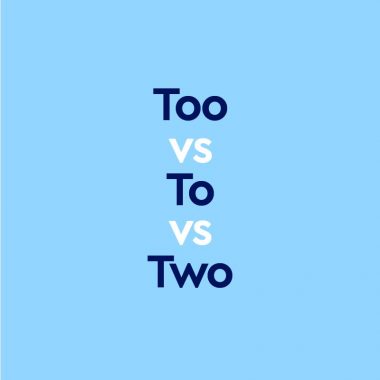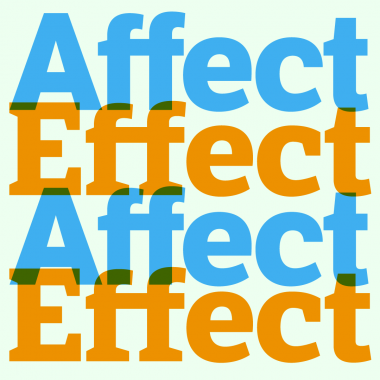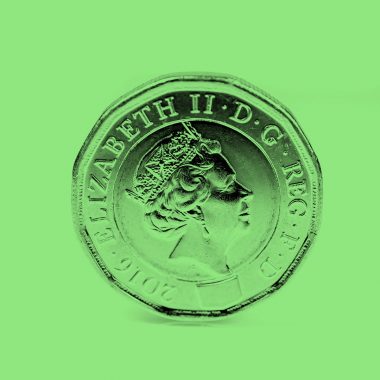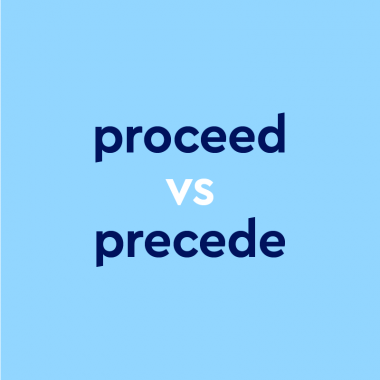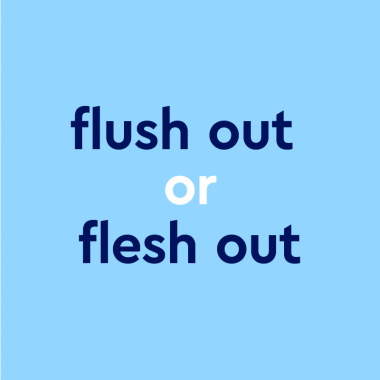“Imply” vs. “Infer”: Learn The Difference
The difference between infer and imply can be confusing enough, so we’re going to skip the subtle hints and just come right out and explain it. In this article, we’ll explain the distinction between infer and imply, note how their meanings can sometimes overlap, provide examples of how they’re used, and even cover the adjective forms inferred and implied. The verb imply means “to indicate …
